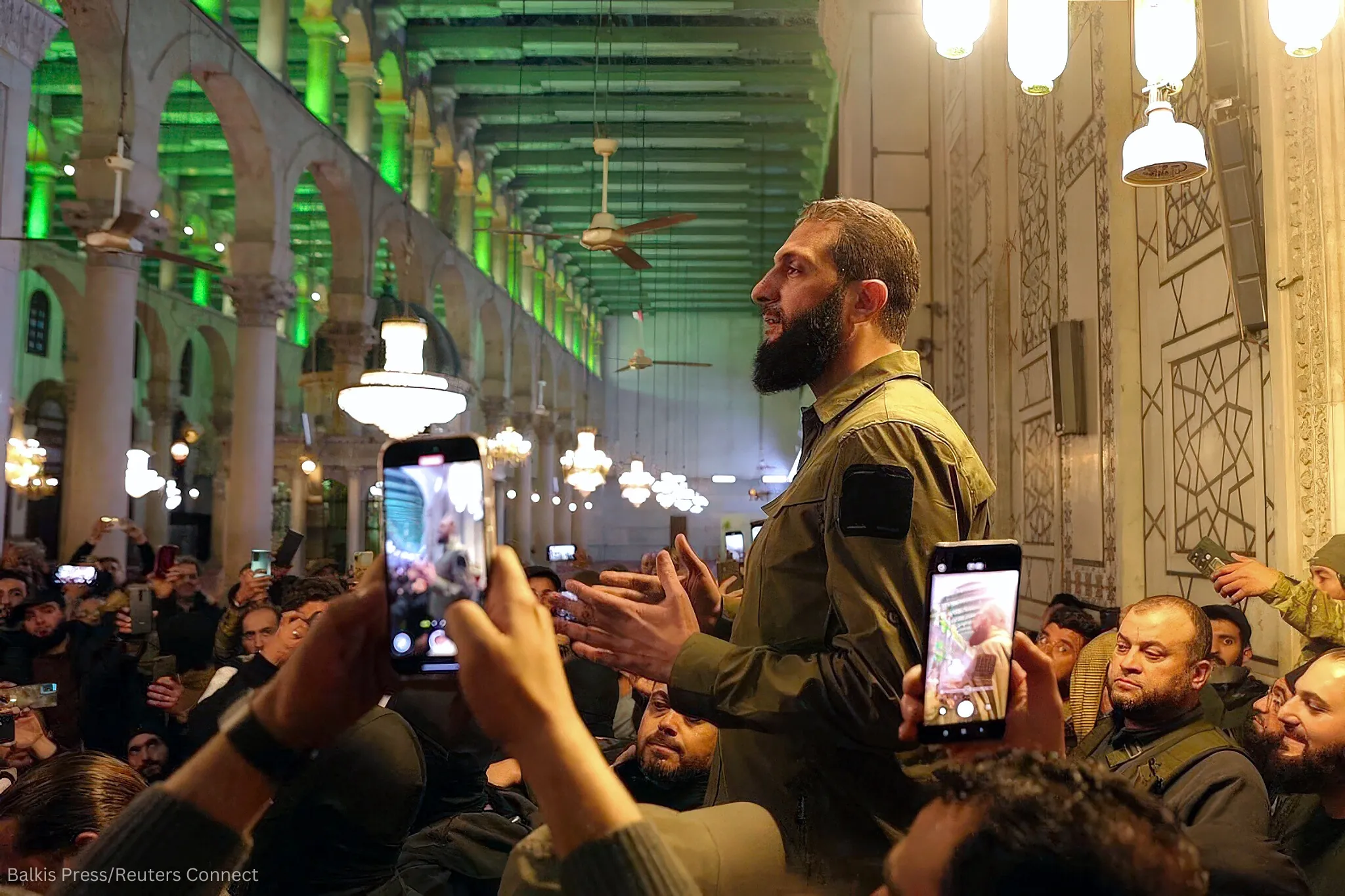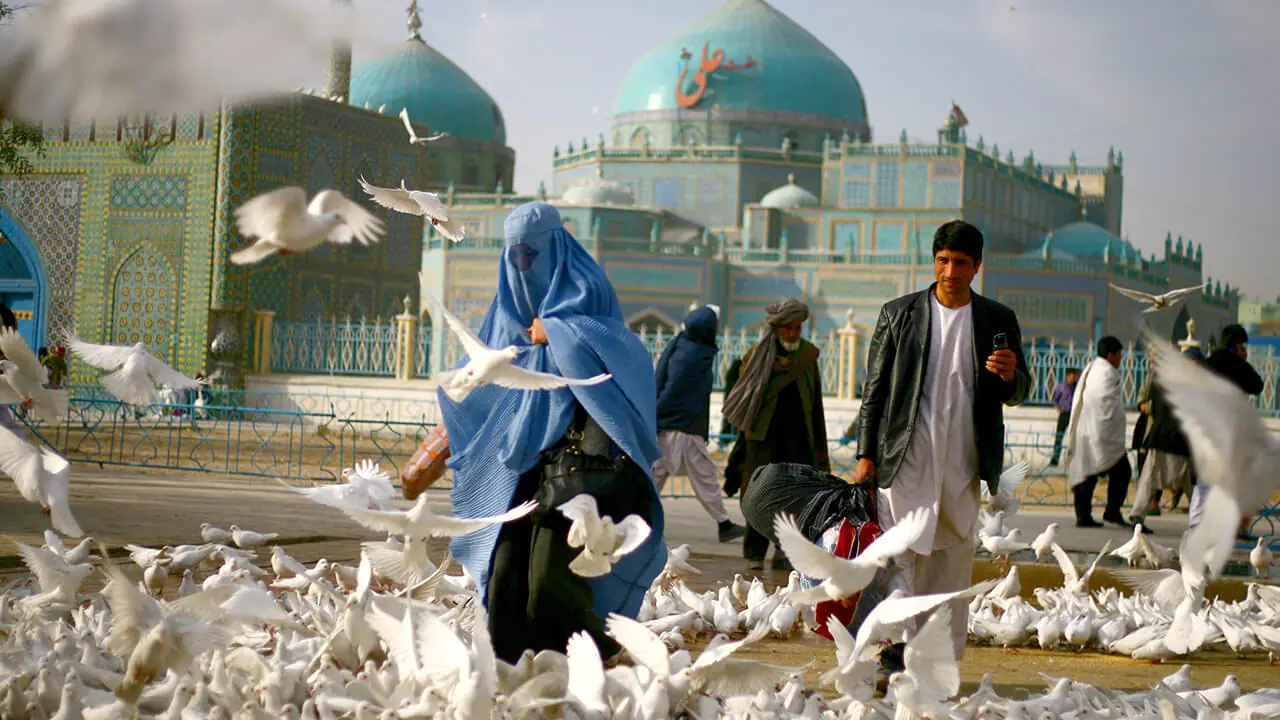
The invasion was complete, the Islamic forces had been repressed and the West was enjoying its dominance in Afghanistan. A western-friendly Afghan leader was put in place, but as it turned out, he wasn’t quite able to unite the various Afghan sects. And so, after years of failed efforts, the politicians decided staying in Afghanistan was too costly. After all, you couldn’t stay there forever. A pullout was initiated and a treaty was signed to allow the troops to exit Afghanistan. But before the troops could make it to safety, Islamic forces struck.
You’d be forgiven for thinking I was talking about this year’s jaw dropping pullout by allied forces. This was not 2021, the year was 1842. The allied troops who died during the retreat were not U.S. troops but rather British. Sixteen thousand British troops and civilians who fled Kabul would die from the cold, starvation—and an ambush by Afghan forces who reduced the retreating band to one survivor. Many believe the survivor was allowed to live to tell the tale and warn future powers not to mess with Afghanistan.
By now—(unless you’ve been enjoying the peaceful existence that life without news media can bring—you have seen the heart-wrenching footage coming out of Afghanistan. Desperate Afghans, who cooperated with western allies—or at least grew to enjoy basic human rights—chasing a plane and even clinging to the wings in an insane bid for freedom. Fearful parents passing their kids off to foreign soldiers in hopes of giving them a better life—or just sparing their life. Taliban leaders issuing statements of calm to the masses—then declaring Sharia Law.
As the world watched in horror at the sudden fall of Afghanistan, many of our partners and readers wrote us asking how this change of government will affect Israel. I tried a few times to summarize the situation but found there is so much to say about what is happening there (and some things that can’t be shared until later) I need to give the topic some solid attention.

Credit: Shutterstock/Yasemin Yurtman Candemir
About Afghanistan
In some ways Afghanistan is a land frozen in time. Its varied landscape could be mistaken for both the Arabian desert and the Swiss Alps. Per it’s location and largely insignificant international influence, it is an easily forgotten country—until someone capitalizes on its lack of importance and turns it into—say a training base for terrorists. It remains poor according to modern standards, despite sitting on an estimated trillion dollars worth of minerals such as lithium. It is also a fascinating blend of multiple tribes and cultures that both blend with each other, yet remain distinct. Though the population is made up of some 14 tribes, there is a clear Persian influence in their lineage, culture and language. In a strange twist, some anthropologists and many among the Pashtun tribe, Afghanistan’s largest ethnic group, believe they are descended from Israel’s lost tribes. Despite Islam being the dominant religion in Afghanistan, they claim to feel a connection with Jews and the Jewish state. Openly sharing this affection, of course, could get them killed.
Second, Afghanistan is not Lebanon, Syria, Jordan or Egypt meaning, it doesn’t border Israel and has never engaged in or threatened a war with modern Israel. Despite the lack of hostilities, Afghanistan has never had official ties with Israel and its new government has stated emphatically in recent weeks it is interested in relations with the U.S. and all regional countries—except Israel.
Third, it is common for Islamic terrorist organizations to be at odds theologically or strategically with each other. So it’s not shocking that ISIS and the Taliban hate each other. To the international community, the Taliban is viewed as less of a threat than ISIS—not because one is less brutal than the other, but because while ISIS was hoping to unite Islamic States across the region and create an Islamic Caliphate empire that would eventually rule the world, the Taliban has, so far, preferred to impose their Shariah rule locally. It’s worth noting that despite the Taliban’s clear dominance in Afghanistan, it has yet to prove itself powerful and informed enough to stop the recent bombing at the Kabul airport.
Fourth, the Taliban of today (thanks to the tutelage of the likes of Yasser Arafat and Iran’s leaders) has learned a key lesson for all modern-day terrorist organizations if they want to ensure long-term viability. International powers are hesitant to get involved with new wars and, as such, will put up with a lot of nonsense, so long as you say nice things to the news cameras and keep your evil rule within your borders. And so, it comes as no surprise that world powers are doing little to a Taliban who promises to rule fairly, though the reports tell of an opposite reality.
The locals tell of massacres of minorities, door-to-door hunting of non-Muslims and kidnapping of young boys and girls to be turned into fighters or trafficked as brides to Taliban fighters.
When Israel was rebirthed in 1948, Afghanistan’s Jewry was estimated to be around 5,000. They were allowed to immigrate to Israel and most left for the Holy Land. By the turn of the 21st century, Afghanistan was down to two Jews—neither of whom liked each other very much. Zablon Simantov and Yitzhak Levi regularly reported each other to the authorities—including to the Taliban—during their rule. The squabbles varied and reportedly included disputes over custodianship of the synagogue’s Torah. At one point the Taliban arrested them both, but ultimately released them because they wouldn’t stop arguing. The Taliban subsequently confiscated the Torah and a few years later Yitzhak died leaving Zablon the last Jew standing in Afghanistan. Though his wife and daughters moved to Israel in the 90’s, Zablon preferred to stay in Afghanistan. The Taliban assured journalists who asked that minorities like Zablon would be protected. But, when death threats began streaming in, Zablon finally fled the only land he’d ever called home.

Credit: Shutterstock/GoodAndy45
Defining Victory
I was in the U.S. on September 11, 2001. I got a call early that morning from my mother-in-law. “America is under attack and Jews need to lay low,” she told me. For a short while everyone was in shock enough to say what they were thinking—“Muslims from the Middle East who hate America and Israel.” The U.S. immediately began to plan to “go over there and get them” and some overzealous and extremely ignorant Americans began attacking random Muslims living in the U.S. Very quickly the public conversation began to shift to explain to Americans who knew very little about Islam that being a Muslim doesn’t automatically make you a terrorist.
The reality is that no matter what anyone thinks, there are Muslims who are simply born into a Muslim family (and are therefore officially Muslim) but who want nothing more than to live normal lives. But, there are also strands of Islam that demand ultimate submission to the Quran and the destruction of all who refuse. In fact, the word Islam means—submission. But the PC police would have nothing of such talk. They insisted Islam was a peaceful religion. By the time President Bush sent troops into Afghanistan, the war had been defined. It was not a war against radical Islam, it was a war on terror.
I remember thinking when I heard what they were going to fight against, there was simply no way the U.S. and its allies could win. There is no definable way to end terror. How do you win against a concept? An emotion? A strategy? And ultimately, how can you win against an enemy you refuse to identify?
Power Vacuum
That the west—too moral to wipe out a whole society even if it was infested with terrorists and too naïve to realize not everyone dreams of being western—would fail at this war was inevitable. That they would fail so miserably was not. Only time will tell what use the Taliban will find for the weapons and military equipment the U.S. left behind. But the strangest part of this pull out from Afghanistan is not the equipment they abandoned, but the people. Though I’m not sure what is more outlandish—that the U.S. wouldn’t do everything it can to bring its own citizens home—or that they have been actively blocking refugees from being absorbed into other countries.
When I watched the U.S. pull out of Afghanistan I couldn’t help but juxtapose the similarities of when the British pulled out of the region of then-Palestine in 1948. British troops were exhausted by two world wars and the locals didn’t want them there. As expected, within 24 hours of the power vacuum they left behind, war broke out between the Jews and the surrounding Arab countries intent on a land grab (Syria would grab the Golan Heights, Jordan took eastern Jerusalem, Judea and Samaria, and Egypt snatched up Gaza.) The difference between that pullout and the current one is that the land won by the Jews would become a democracy where the population would decide their leadership and who they would worship. Not so in Afghanistan.
While a government that allows the people to vote is a great wonder of the modern world, it is the freedom to worship that makes Israel the Crown Jewel of the Middle East. For sure there are those within Israel who oppose Yeshua; however, Messianic Jews and Christians are protected by the law and free to worship their God. No matter what they tell you, an Islamic state will never offer that privilege.

Credit: Alamy Stock Photos/Oleksandr Rupeta
Future Afghanistan
There’s a lot of chatter—both heavy and hopeful—when it comes to the spiritual future of Afghanistan. Some have approached the reported attacks on minorities in Afghanistan the same way they approach their end-times apocalyptic timeline—an unfortunate necessity to bring about God’s plan. But while God can turn evil into good, we are never told to capitulate and accept evil as an inevitability. If that were the case, why not leave the Jews in concentration camps or why defend the freedom to worship in any country?
There may well be a revival in a future Afghanistan, but there is no shame in leaving a war zone that has been taken over by terrorists. In fact, unless God specifically instructs us to stay in a danger zone, it is wisdom to get away from evil people.
We know one day every knee from every tribe will bow to the God of Israel. That includes the tribes of Afghanistan. That day is not yet here. We, however, can participate in the plan which He established before the foundations of the earth. And what greater reward can we look forward to than meeting the Afghans we prayed in at the end of our journey?

Israel and Ishmael Tour Mission
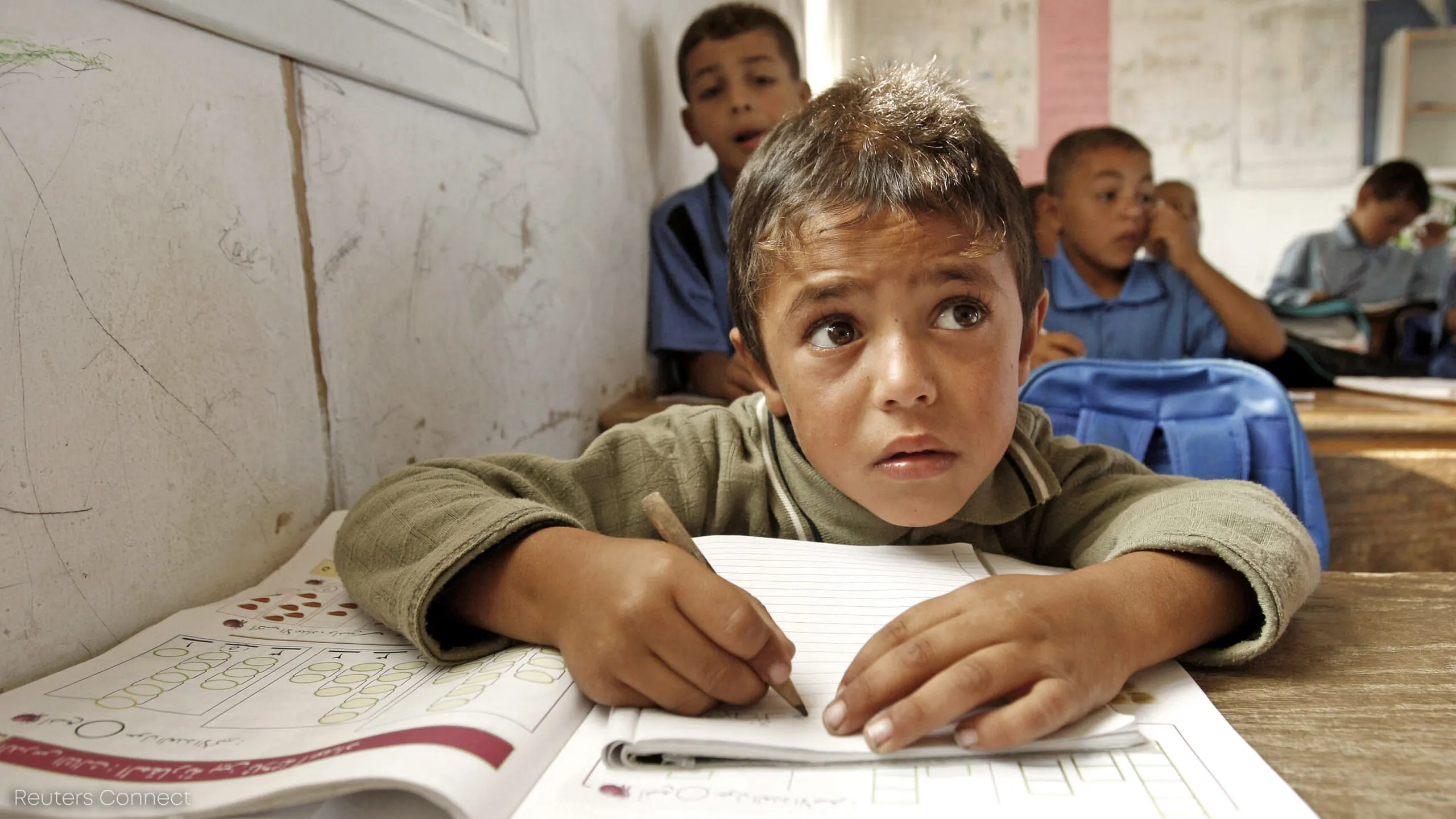
No Child Left Behind

Israel’s First Indigenous Pastor?
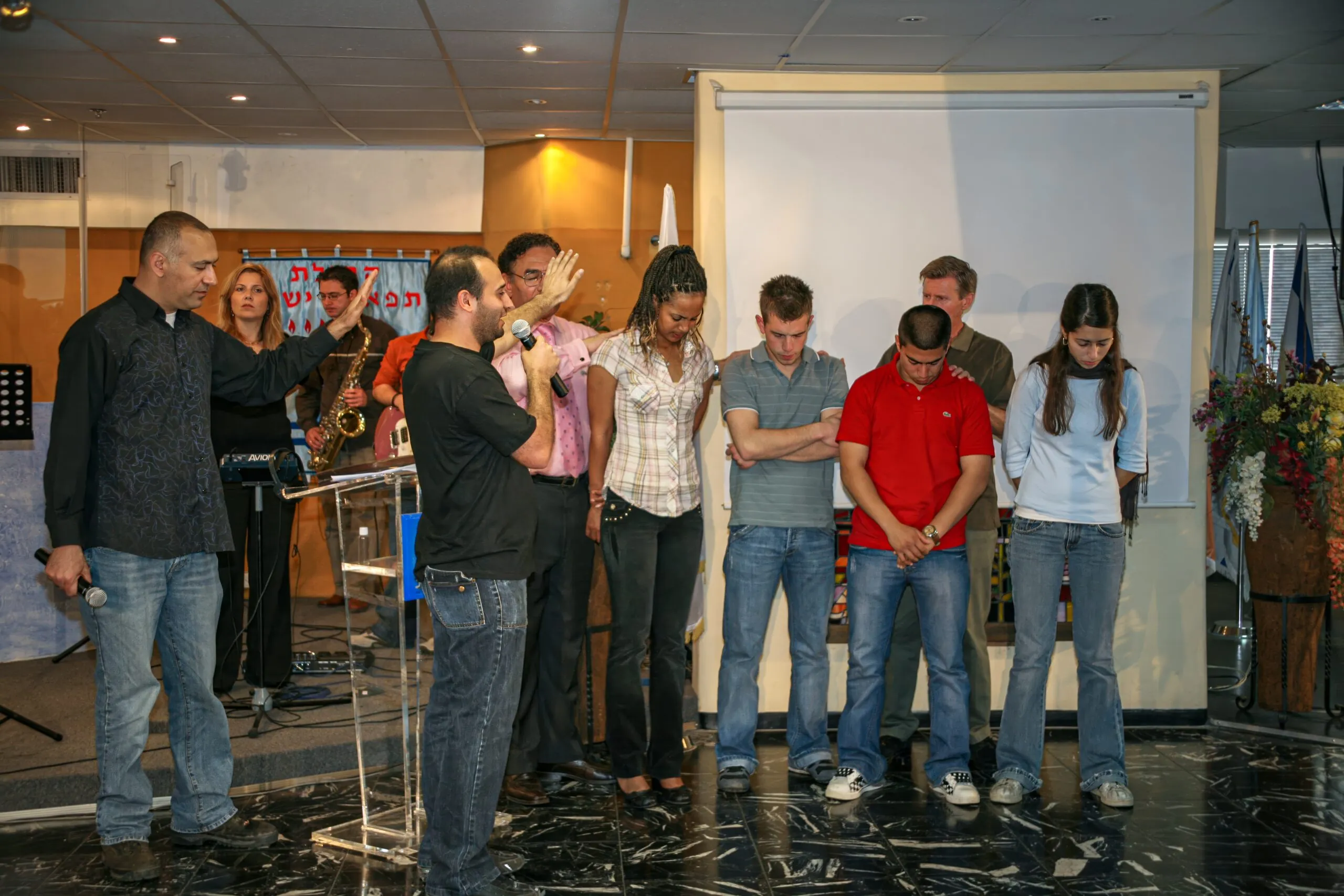
Rooted and Rising in Israel

A New Generation Rises

Leaders in the Making
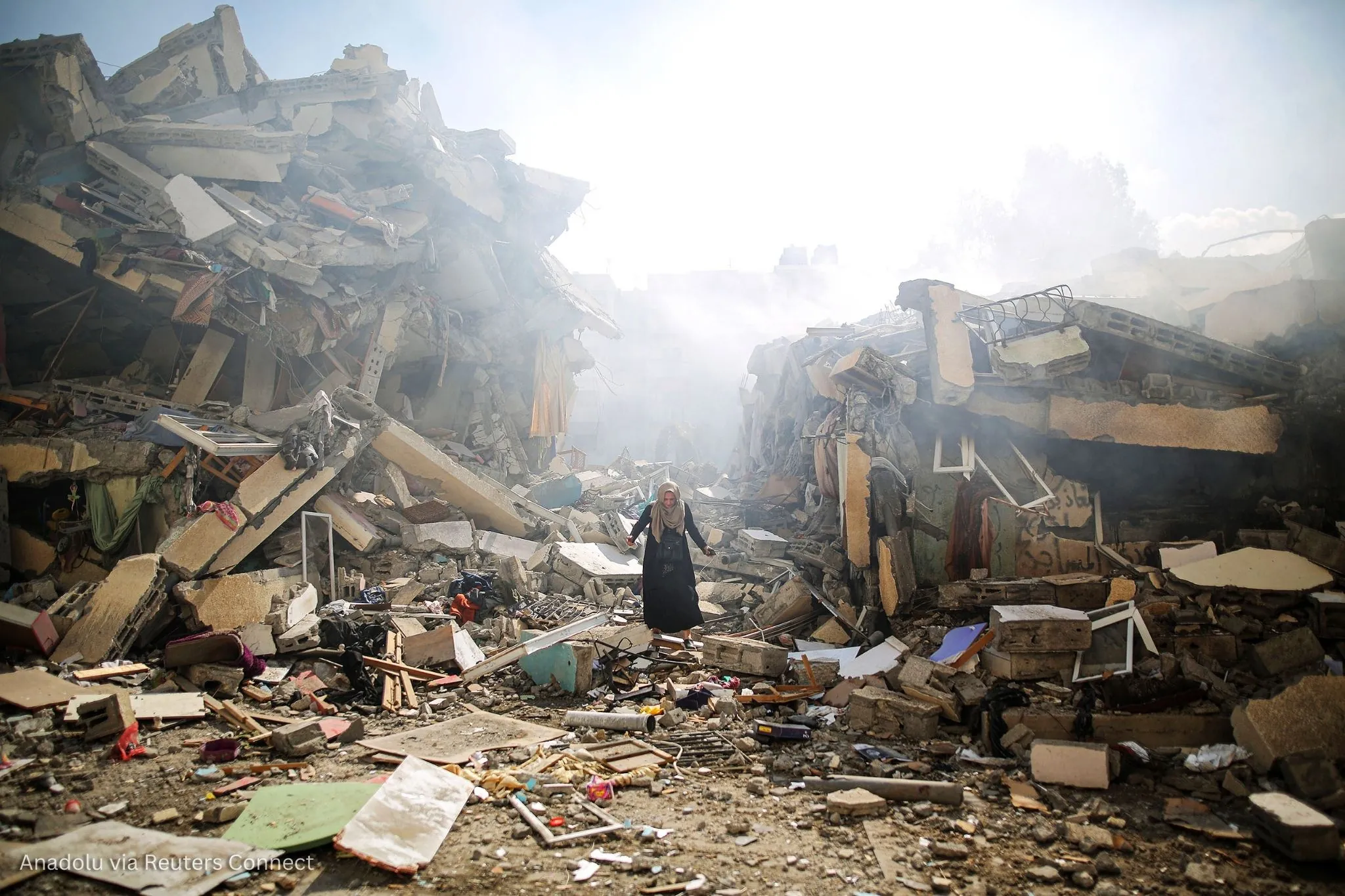
Free Gaza
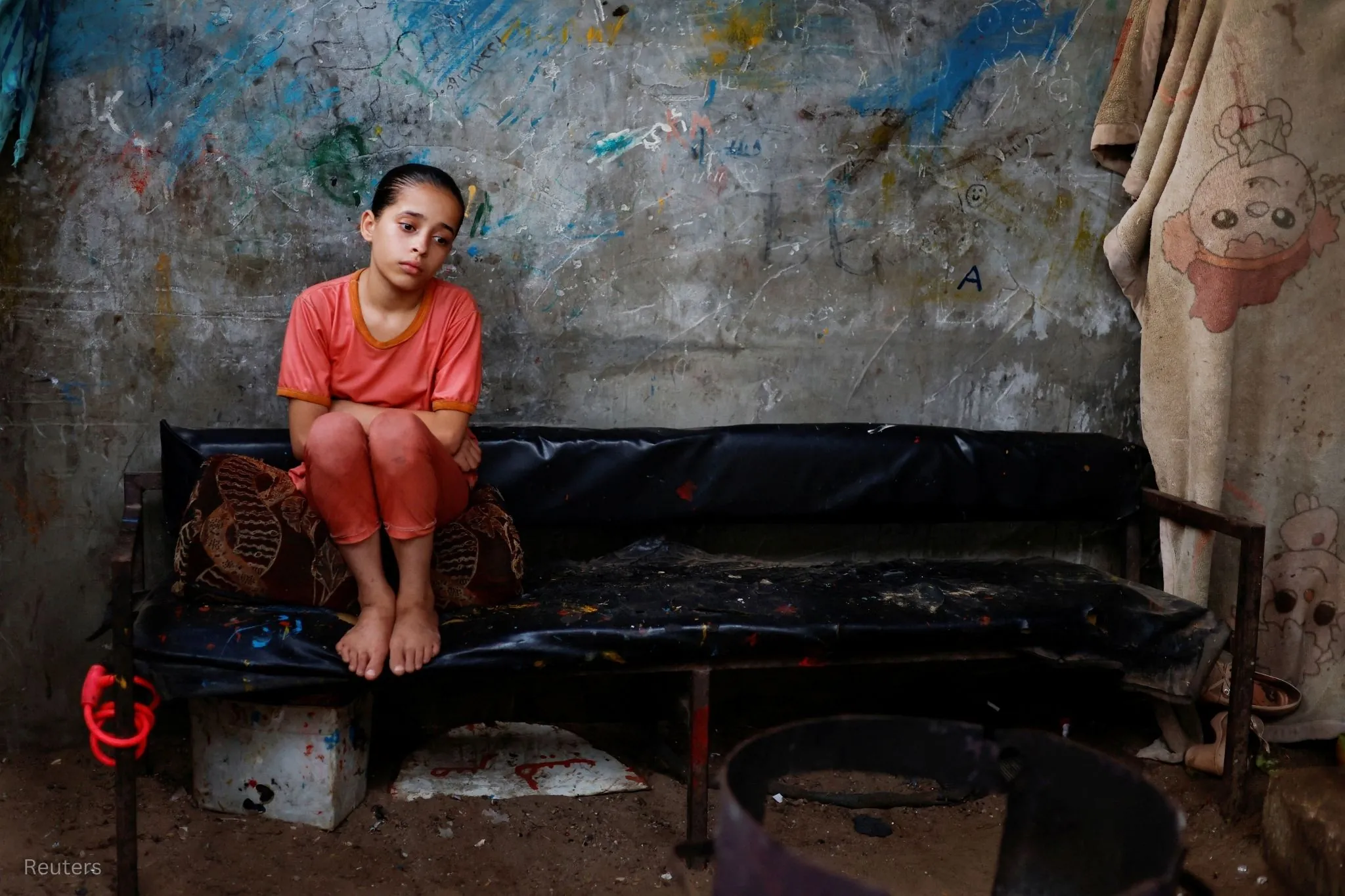
Bringing Light Beyond Borders
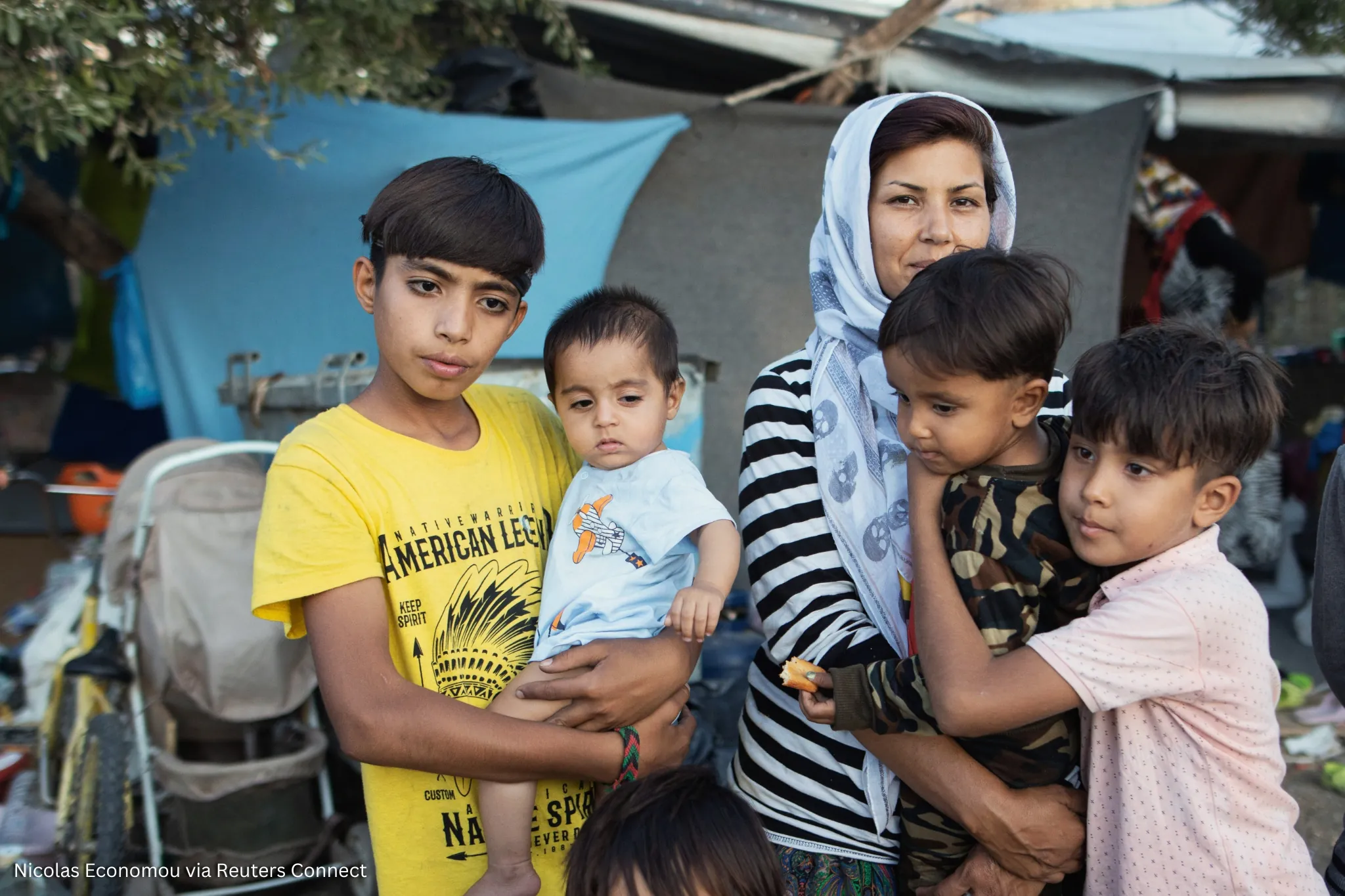
From Crisis to Christ
